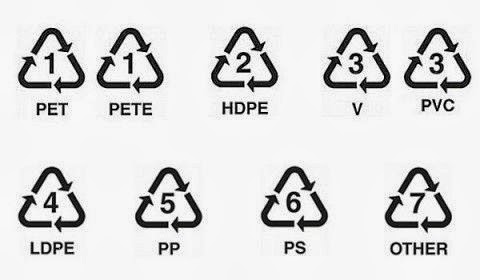Recommended Articles: Design and Regulation of Digital Policies
Today I share with you a series of links to articles related to the design and regulation of digital policies. Today's post is divided into three segments. The first is dedicated to the regulation of artificial intelligence in business. The second focuses on the regulation of digital platforms, including the case of recorded music and music video platforms. The third and final part are articles that highlight the importance and use of data for decision makers in public policy.
I. ARTIFICIAL INTELLIGENCE REGULATION
AI regulation and firm behaviour. As artificial intelligence becomes more widespread and its performance improves, it will likely have significant long-term consequences for jobs, inequality, organisations, and competition. Regulation may be used to address its risks and possibilities, but little is known about how AI-related regulation might affect firm behaviour. This column examines the impact of actual and potential AI regulations on business managers through a randomised online survey experiment. It finds that exposure to information about regulation decreases managers’ reported intent to adopt AI technologies in their firm’s business processes (VOX).
II. DIGITAL PLATFORMS REGULATION
- Promoting competition in platform ecosystems. The agendas and roadmaps for the future of digital policy in Europe have been debated extensively. This column proposes a menu of different policy instruments for the new European Commission in order to achieve this transformation. These include reforming the framework of the e-commerce Directive, regulating super-dominant digital platforms, facilitating data intermediaries as counter-balancing actors, facilitating the rise of European platforms, and pushing blockchain (VOX).
- Video killed the radio star: Online music videos and recorded music sales. Artists and music labels have always had to negotiate with the platforms that provide their content to listeners. This column examines the ways that digital platforms, and YouTube in particular, have reshaped the music industry and finds that they fulfill an important promotional function. Because everyone can upload content to YouTube – unlike, say, to MTV – the promotional effect of free music availability outweighs the substitution effect. For artists, this makes any exposure valuable – even user-generated YouTube content promotes sales of the underlying song (VOX).
III. IMPORTANCE AND USE OF DATA IN PUBLIC POLICY
- Developing a policy regime to support the free flow of data: A proposal by the T20 Task Force on Trade, Investment and Globalization. While national governments are already implementing various economic policies related to data flows in the real world, there is not yet a consensus on how economists should approach the topic. This column outlines a framework recently proposed by the T20 Task Force on Trade, Investment, and Globalization that classifies data flow policy into five categories and allows the appropriateness of policy from the viewpoint of economics to be discussed. As a result, it becomes possible to achieve policy harmonisation in some areas and to identify others where harmonisation cannot easily be achieved (VOX).
- Better government with data analytics: hats, cattle, and analytics (Tableau).
- Finally, a good example for policy makers of use of advanced analytics: Precision fisheries: Navigating a sea of troubles with advanced analytics (McKinsey).



Comentarios